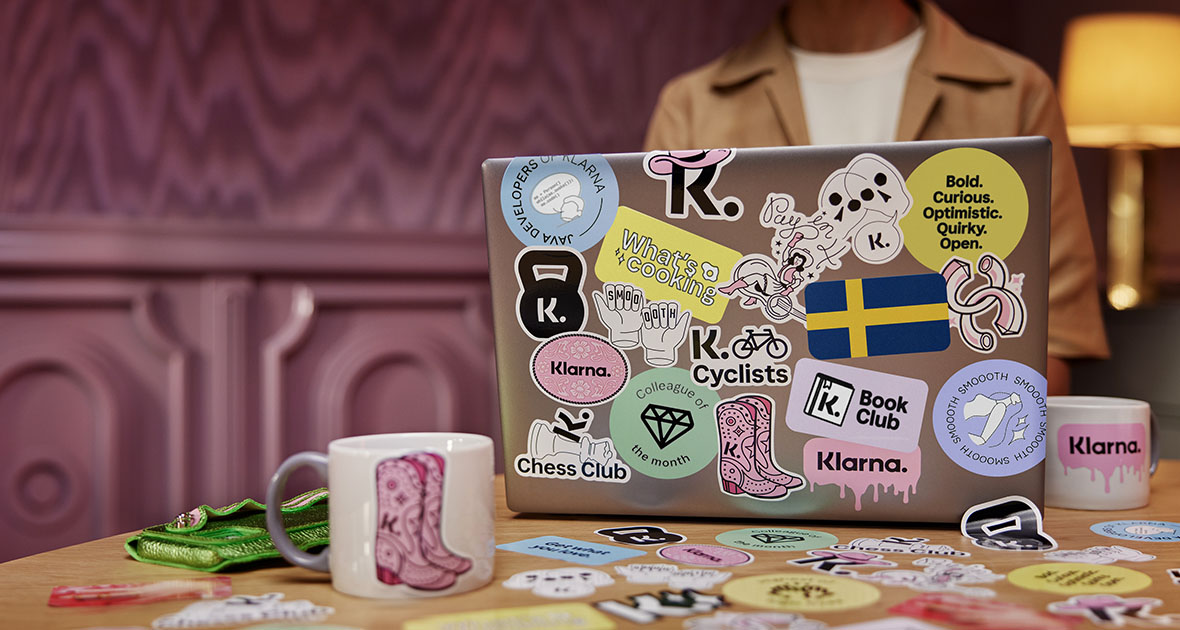
Find your moment in the middle of ours.
Klarna is more than a place to work. Here we play to change the game. To make our mark on the center stage. And to show the world that pink is the new gold. Do you have what it takes?
What is a moment?
It's more than just a second in time. It’s an era of growth, change, and opportunity.
At Klarna, we're in the middle of our moment. We're revolutionizing shopping, payments, and banking. And the world is taking note. But it doesn’t come easy. We have to be brave enough to take risks. Bold enough to fail. And, unreasonable enough to accept nothing but the best.
If that sounds like you, come find your moment in the middle of ours.
Unlimit your possibility. Choose your path.
There's no limit to what disruptors can do. We know that because of how far we’ve come together–through bold thinking and an unrelenting passion to defy expectations. When you join our momentum, you accelerate yours.
No matter who you are or where you're from, your growth is our priority. Here, you'll drive your development and take on the challenges of a company in the grips of greatness. As your path changes, so does ours. So you choose yours, and we'll still choose you.
Who we are.
Founded in Stockholm, Sweden in 2005.
We make shopping smoooth.
In the years since our founding, we've become one of the world's biggest fintechs, with the fastest growing community of shoppers. With over 450k merchants and over 2 million transactions per day, we’re on a mission to become the world's favorite way to shop. To become exactly that, we need the best to join our mission.
Today, we have over 5,000 employees in offices spread over 3 continents and staffed by 100+ nationalities. And our shared experience is one that is as diverse and collaborative as it is impactful, dependable, and rewarding.
We're obsessed with our customers and are here to solve their problems. Whatever they may be.